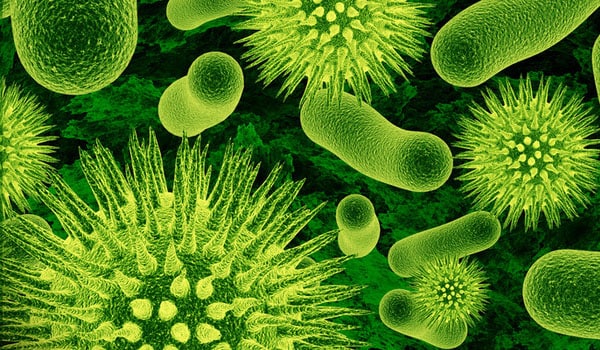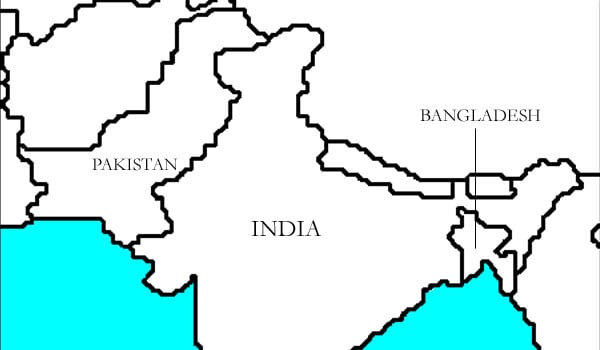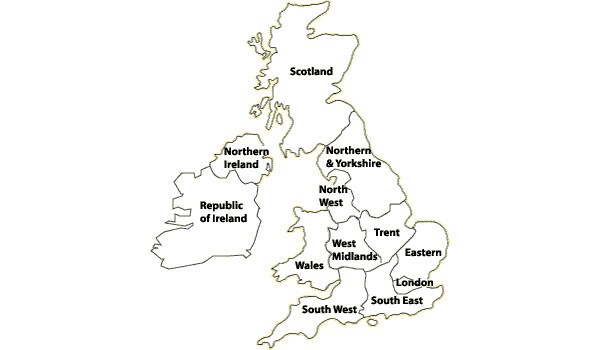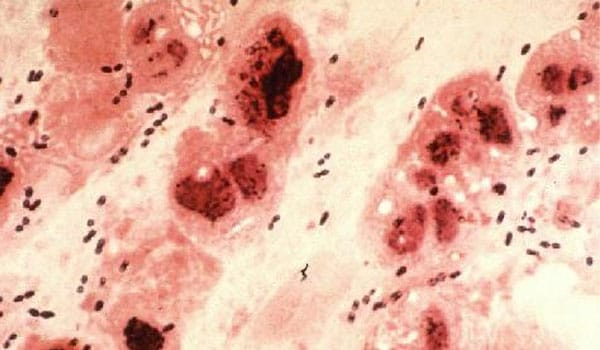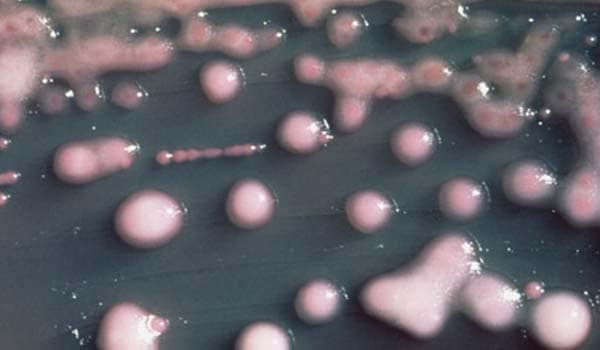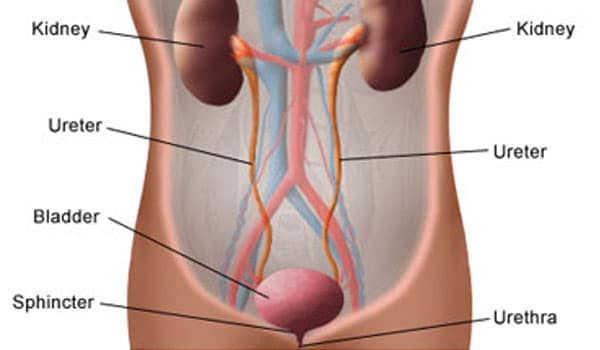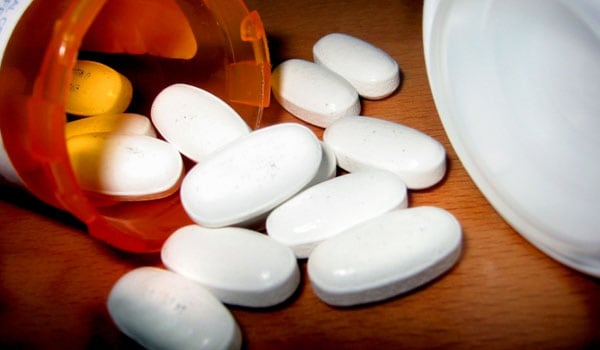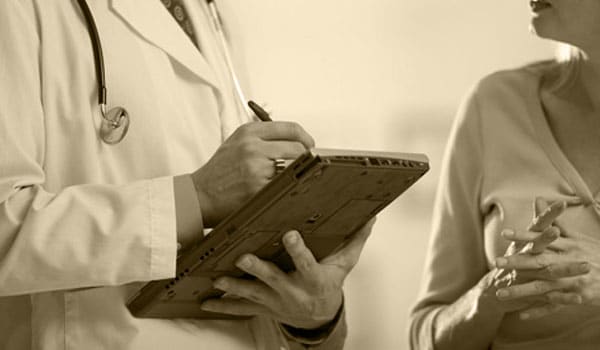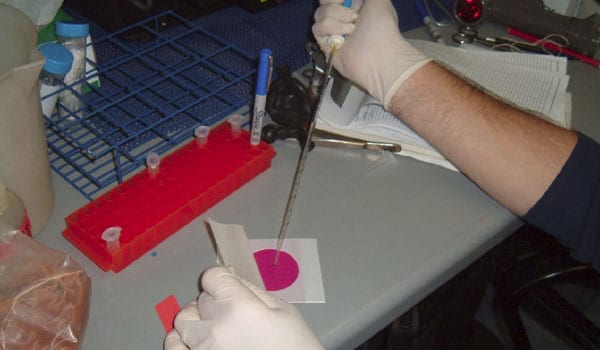Health Photos
-
New Delhi metallo-�-lactamase 1 (NDM-1) makes bacteria known as Enterobacter - highly resistant to almost all antibiotics, including the most powerful class called carbapenems - a class of the drugs often reserved for emergency use and to treat infections caused by other multi-resistant bugs.
-
NDM-1 that makes bacteria resistant to almost all antibiotics has appeared in India, Pakistan and Bangladesh. Overall, 44 NDM-1-positive bacteria in Chennai, 26 in Haryana, and 73 in other sites in Bangladesh and Pakistan were found.
-
It has also been identified in patients of the United Kingdom (UK) who underwent surgery. Almost 37 NDM-1 positive bacteria were found in UK.
-
Researchers collected samples of from patients in the community from two places in India, Chennai and Haryana, and from patients referred to Britain's national reference laboratory between 2007 and 2009.
-
Signs of the bacteria were found in India, Bangladesh, Pakistan and the United Kingdom. It was most commonly found in a pneumonia strain and an E. coli strain.
-
New Delhi metallo-�-lactamase 1 or NDM-1 is an enzyme found in a group of bacteria (Enterobacteriaceae) that are commonly found in the gut, and commonly cause urinary tract infectons.
-
There are limited treatment options to manage infections by the resistant bacteria carrying NDM-1.
-
There was no genetic similarity between the UK and Indian strains, as admitted by the authors of the article.
Reference: The Lancet Infectious Diseases -
If this emerging public health threat is ignored, sooner or later the medical community could be confronted with carbapenem-resistant (bacteria) that cause common infections, resulting in treatment failures with substantial increases in health-care costs.
-
The potential of NDM-1 to be a worldwide public health problem is great, and coordinated international surveillance is needed.
Reference: The Lancet Infectious Diseases


